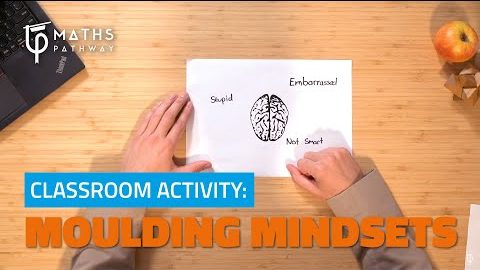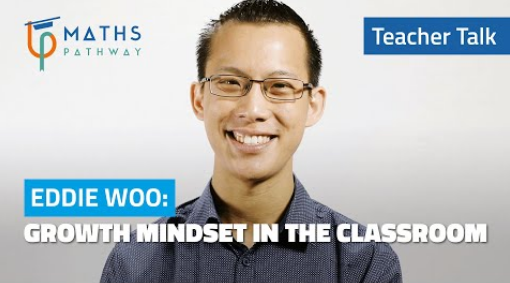The first term of the year is a big one for teachers and can bring some challenges and stress that we may not experience in the second half of the year.
It can be understandably daunting to welcome new students into the classroom. We all wonder who will settle in quickly and start engaging with learning early on. And which students might find school or new classroom settings more difficult to adjust to and become resistant to learning throughout the year.
A great way to overcome these worries is to start planning your strategies, activities and techniques for building strong relationships and setting clear classroom expectations before the school year is over. That way you can walk into the summer holidays knowing you’re ready to take on Term 1 with confidence when you arrive back to school in 2023.
To help you prepare, we have found some great teaching resources so Term 1 can get started without a hitch.
Setting classroom routines, expectations and building strong relationships with students
When it comes to building student-teacher relationships and outlining clear routines in the classroom it is important to start this process as early as possible in Term 1 and maintain our efforts and expectations throughout the whole year.
Implementing effective strategies is an essential part of creating a well-functioning classroom but if we aren’t consistent with students in each lesson they can quickly take this mixed messaging as an opportunity to deviate from the expectations and routines that were first set.
Research indicates that 80% of disruptive student behaviour is attributable to ineffective classroom practices. This literature also outlined that students working on tasks not at their level can lead to disengagement.
Quick tips for supporting classroom routines and expectations:
- Clear, simple rules and expectations which are consistently and fairly applied.
- Predictability of events and activities through establishing routines, information, cues and signals about forthcoming transitions and changes, as well as for content, duration, and consequences for activities.
- Frequent use of praise, both verbal and non-verbal. Teacher praise has demonstrated effects on both those earning it and those nearby.
- Provide students with work that meets their learning needs and goals.
Another factor that can be seen to add to the development and display of behaviour problems (e.g. disruption, non-compliance, aggression) was low quality teacher-student relationships.
Research found simple ideas such as teachers greeting students 14 years and younger at the classroom door and including the student’s name and a positive comment in their welcome, were sufficient to increase their on-task behaviour from an average of 45 percent to an average of 75 percent in a relatively short time. These greetings could also work effectively if used throughout the lesson and help build rapport between the teacher and students.
Some positive comments you could try out in your classroom include:
- I’m looking forward to hearing what you thought of last week’s project.
- It was so great seeing the effort you put into your work last lesson. I can’t wait to see it again today.
- Thank you for helping out ….. In last week’s lesson. The explanation of that question you offered seemed to really help their learning.
- Good work on bringing all of your resources to class today. Thank you for being prepared, we have some great tasks to work through today.
Resources for building relationships and routines in your classroom
Week of Inspirational Maths
Join Maths Pathway schools and start the first week of term with the Week of Inspirational Maths (WIM). WIM is a set of lessons created by Youcubed which was formed by Jo Boaler who is the Professor of Mathematics Education at Stanford University. WIM resources are free lessons and videos about maths and mindset designed to inspire students. These lessons focus on open, visual, creative maths and empower students to see maths in a new way.
Icebreaker activities
Icebreaker activities are a simple and easy way to get to know your students and also help them build friendships between themselves. Maths Pathway has created some great icebreaker activities for you to try out. Plus, check out this page for more engaging activities to start the year off with.

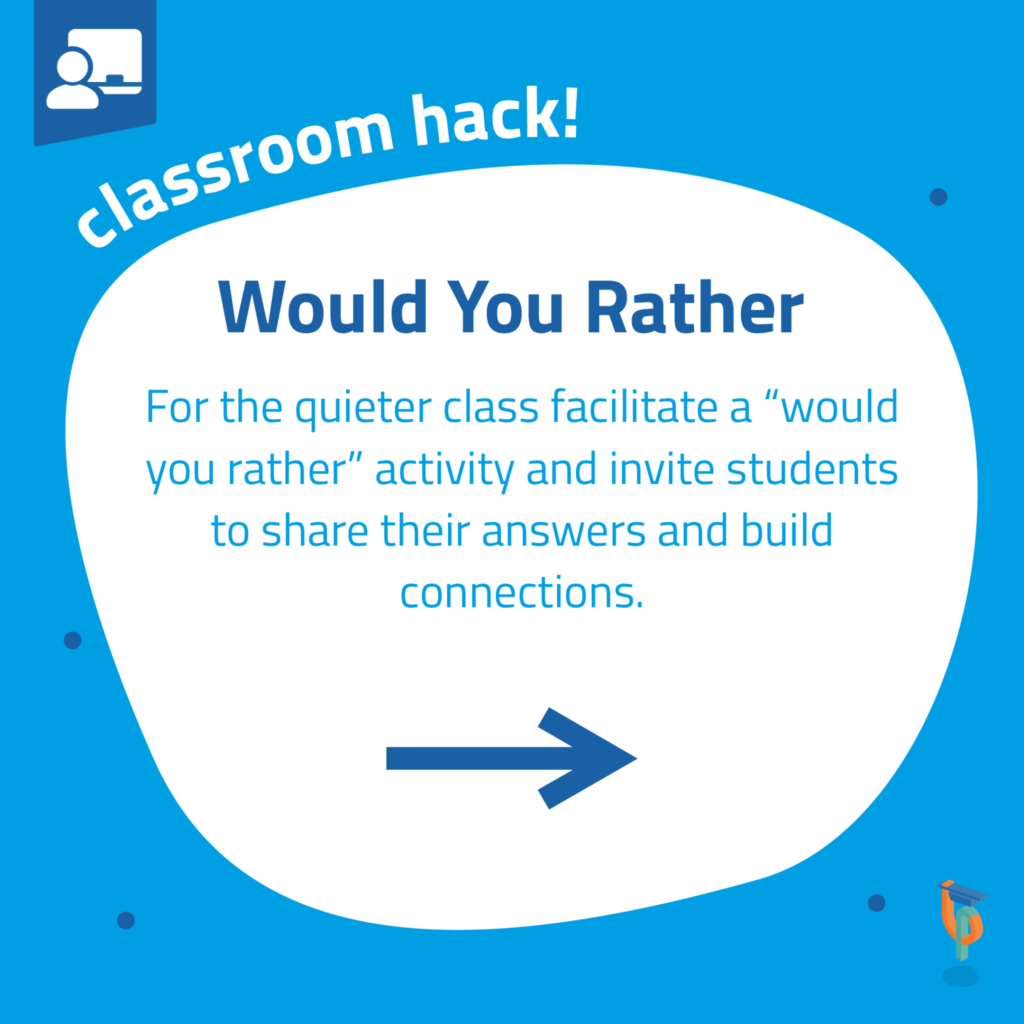
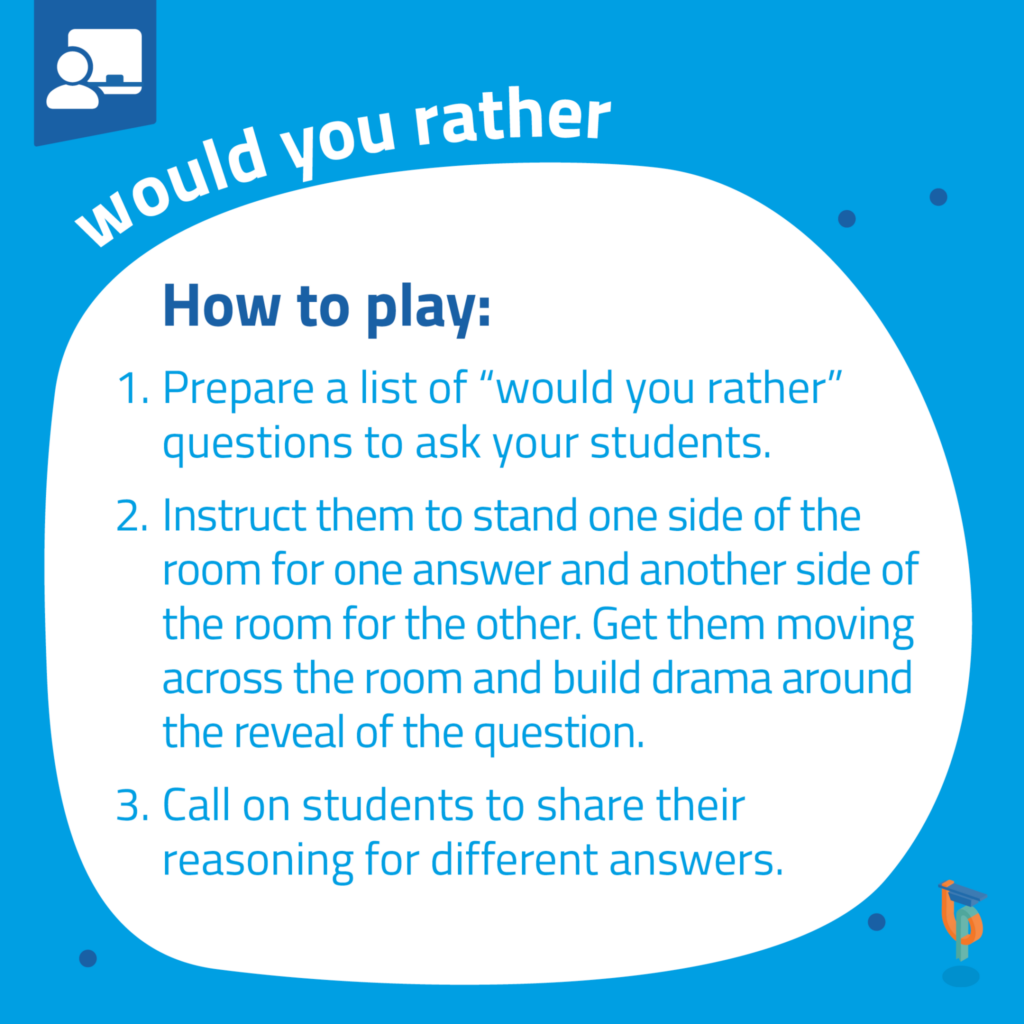
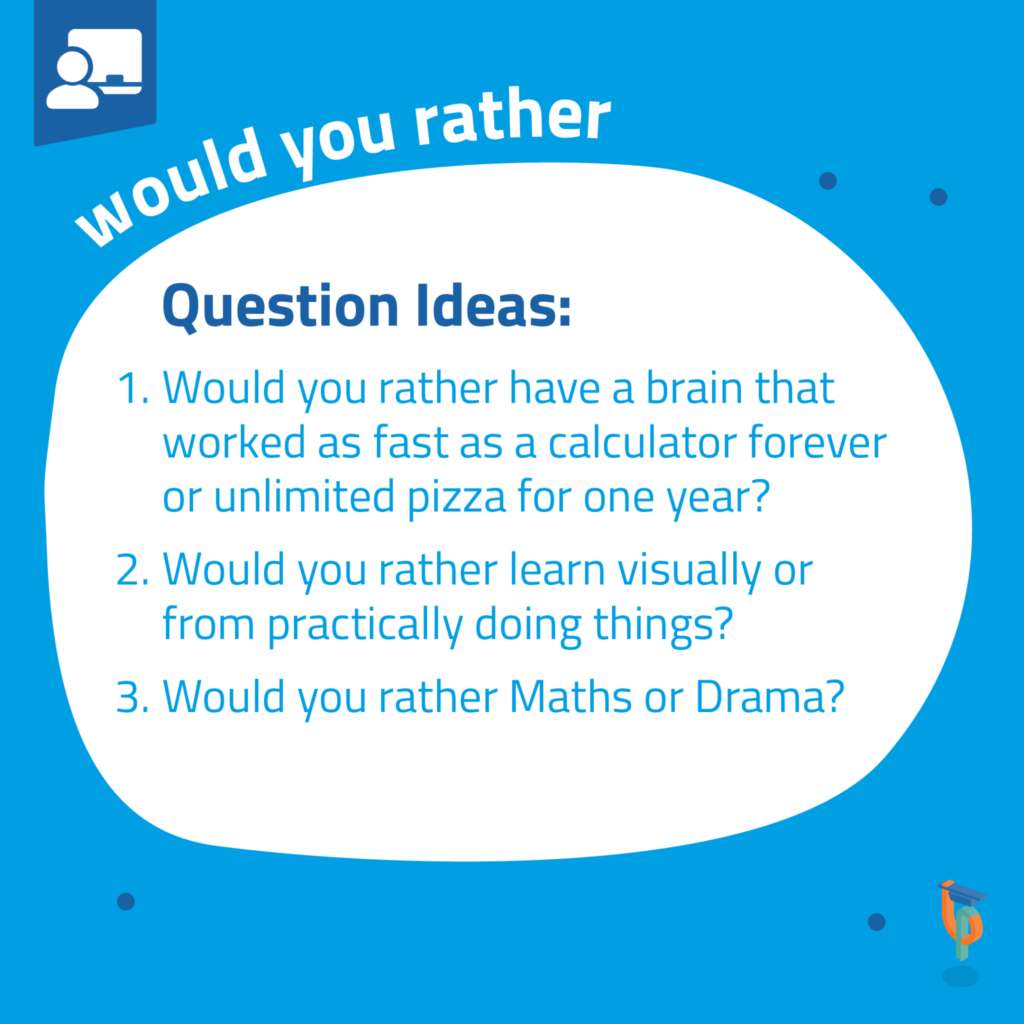
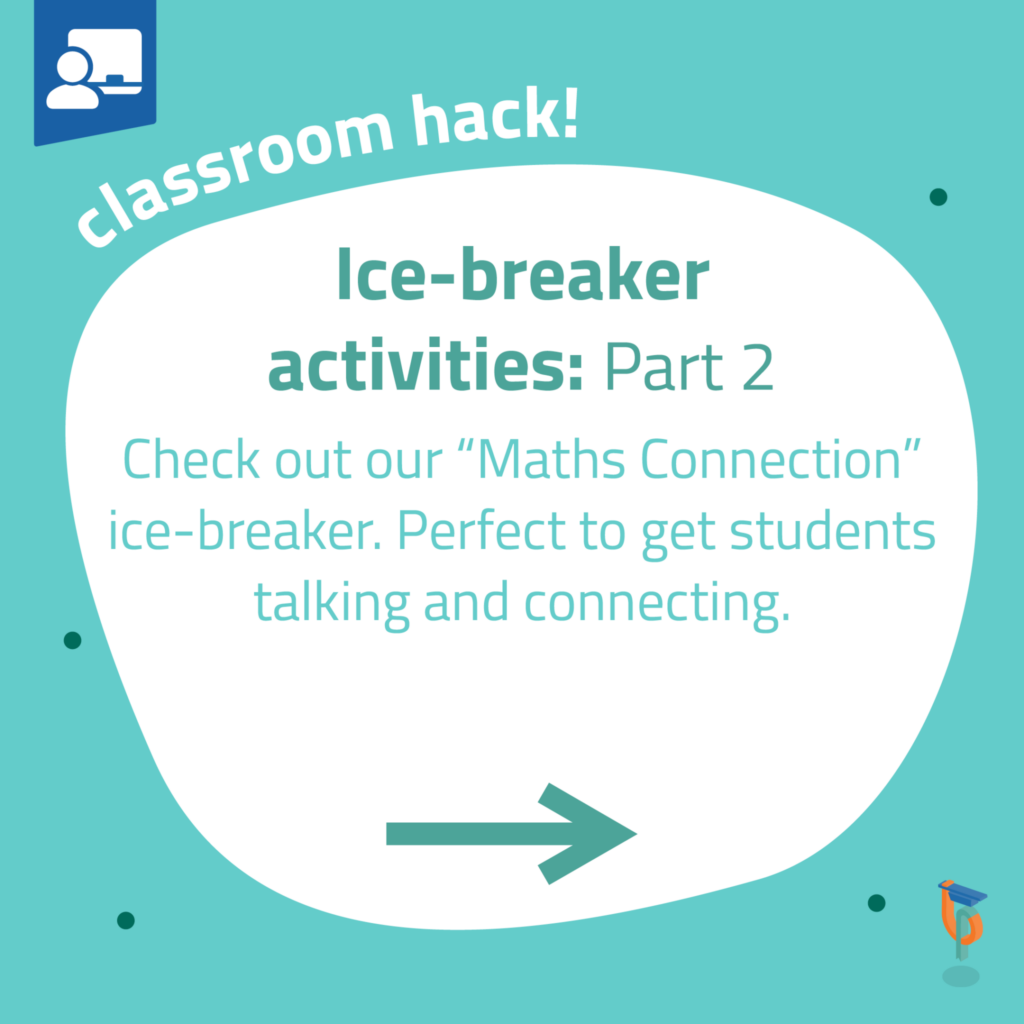
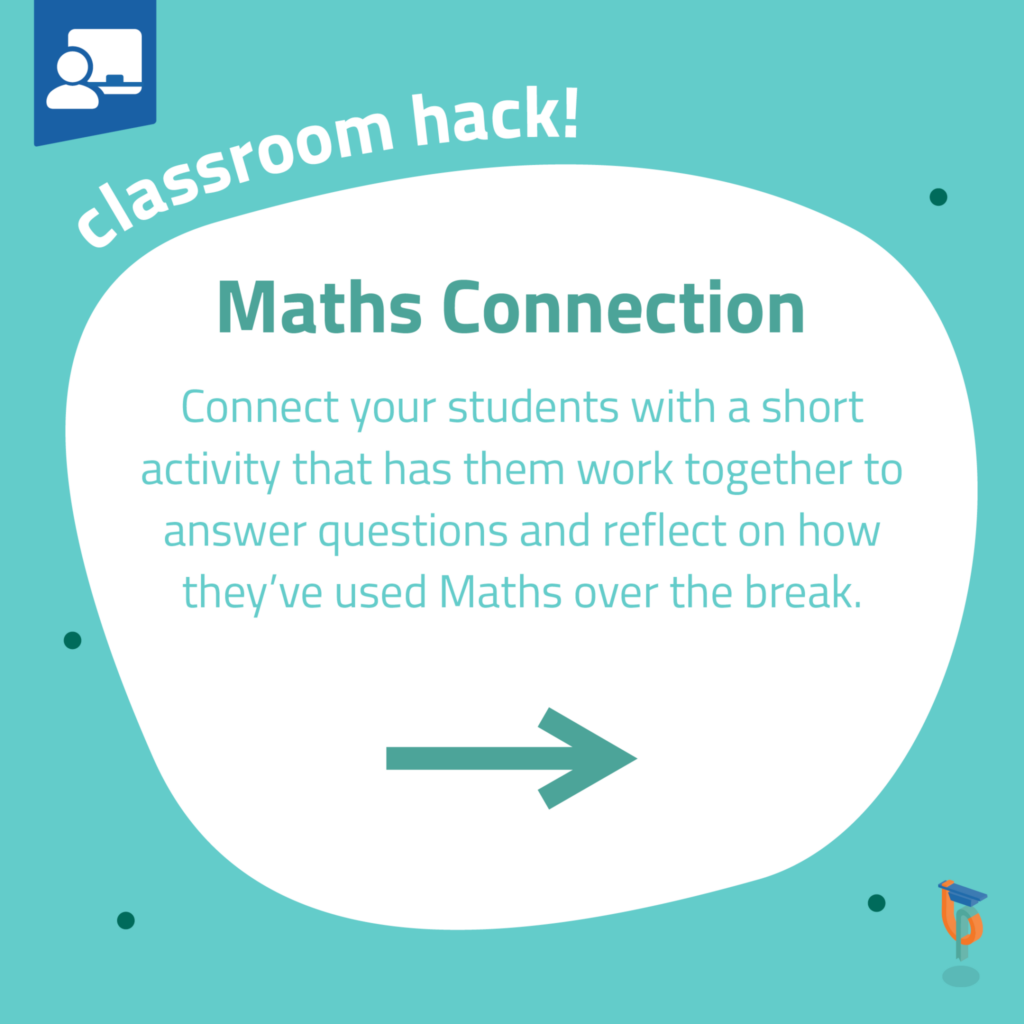

Have you heard of Bill Rogers?
He is a highly regarded expert in behaviour management and works as an education consultant, author and lecturer. He works closely with schools across the UK, Europe, Australia and New Zealand to offer support and mentorship to teachers on behaviour, discipline, effective teaching, stress management and teacher welfare.
His books are a great resource to have on hand for practical tips and strategies to combat poor student behaviour and find new ways to approach communication and relationship-building with students.
If you’re looking for Bill’s books to support your classroom practice, check out some below.
- Classroom Behaviour: A practical guide to effective teaching, behaviour management and colleague support
- You Know the Fair Rule: Strategies for Positive and Effective Behaviour Management and Discipline in Schools (Third Edition) 3rd Edition
| Teach Like a ChampionTeach Like a Champion was created by Doug Lemov and its aim is to help schools create classrooms that better serve students, in particular in communities where inequalities exist. The team at Teach Like a Champion studies outstanding teachers and leaders to gather insights to share with the teaching community. On their website you can access a range of free resources, videos and professional development to support your classroom practice. Plus, access their book which houses 62 techniques that put students on the path to success. Learn more https://teachlikeachampion.org |
Classroom activities for relationship building
Maths Pathway has an amazing bank of classroom resources on our Media Library and today we are sharing two of our favourites that cover teacher-student relationships. We love working with brilliant educators to bring you relevant and practical activities to use in your classroom. So try out these activities with your students!
The impact of mindsets in the classroom
Mindsets play a massive part in making up the environment of a classroom.
It can quickly become clear if students are picking up fixed mindsets and passing these on to their peers. They will often compare themselves to other students, find it hard to hear feedback and be deeply impacted when they get a question wrong.
Growth mindsets are fueled by the power of yet when a student can see a problem they need to overcome they have the confidence to enter into productive struggle. ‘I can’t solve this problem yet, but I will be able to.’ When we look at our students as individuals with unique abilities and work to meet their specific needs, we can shift their mindsets in the process, removing those limiting thoughts and comparisons to their peers.
So how can we create growth mindsets in students? Try out these growth mindset activities with your class!
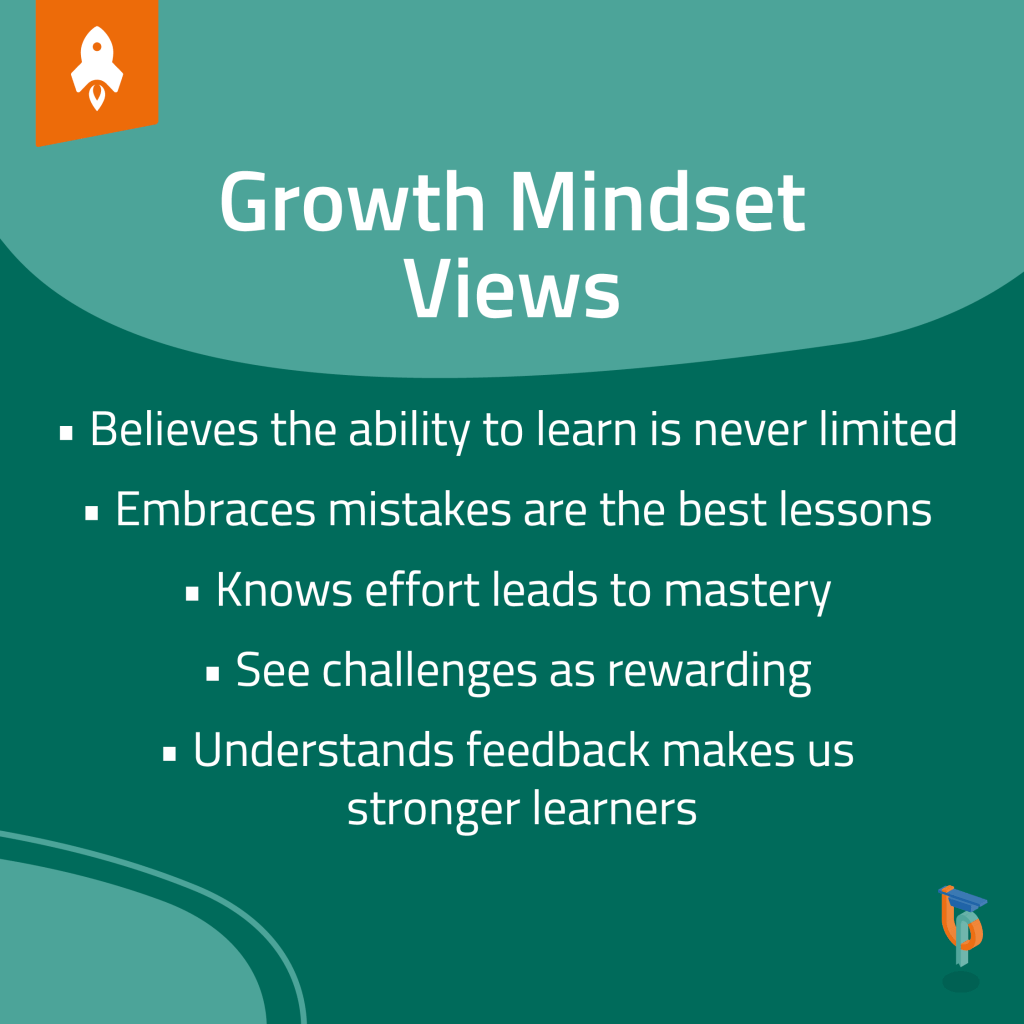
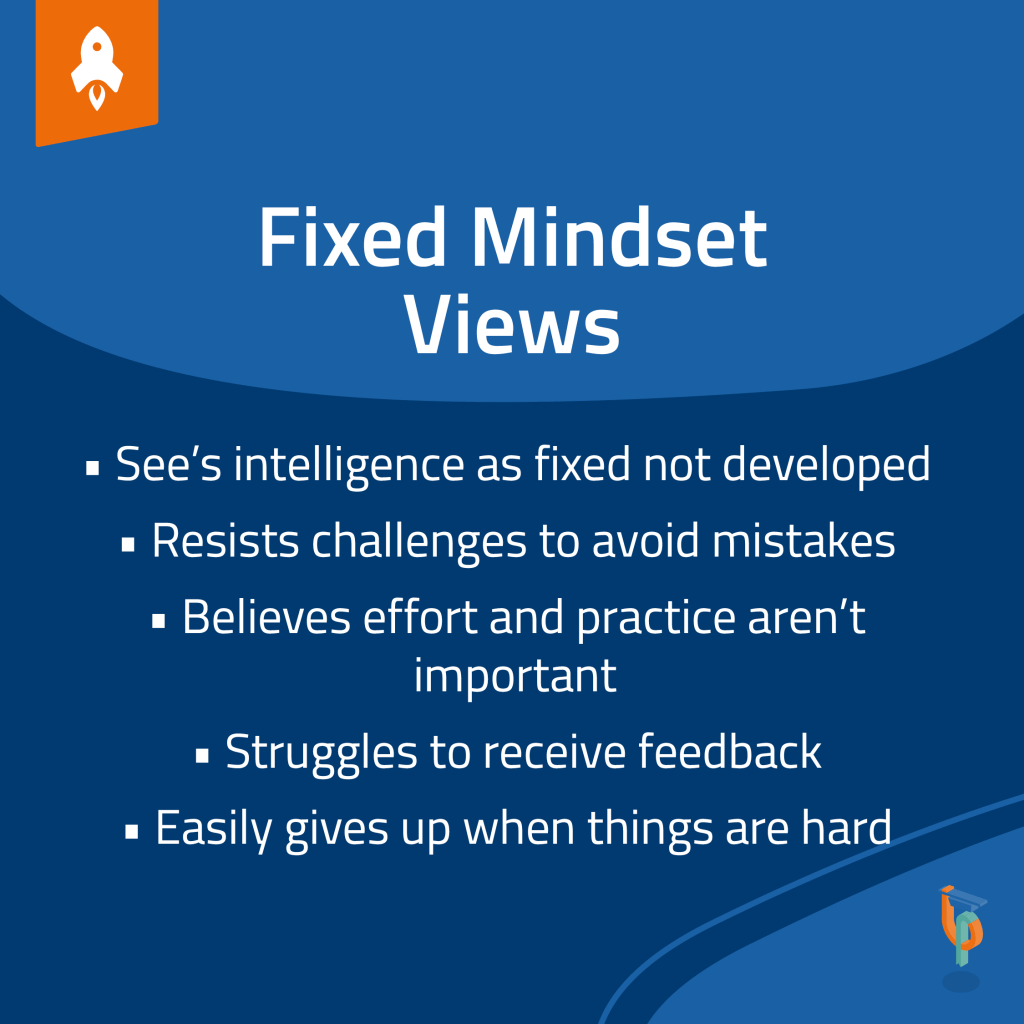
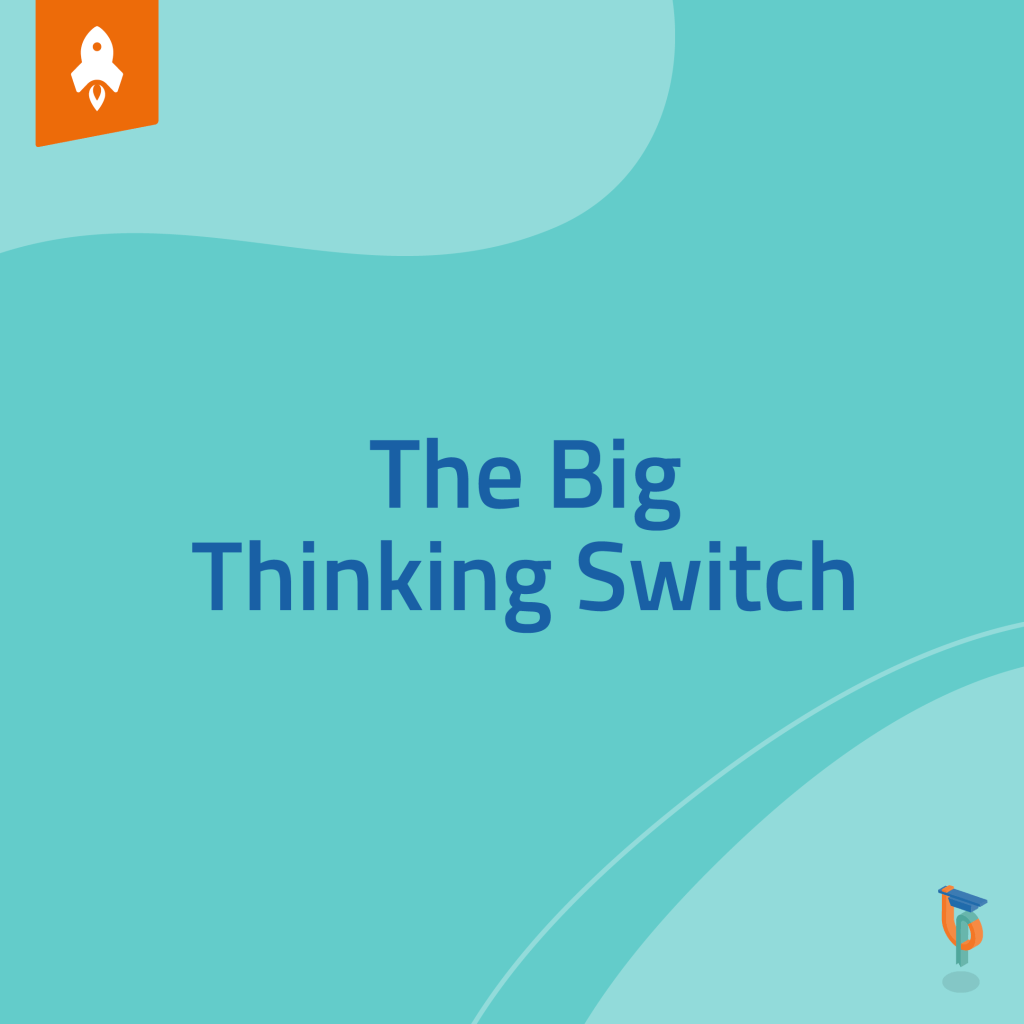
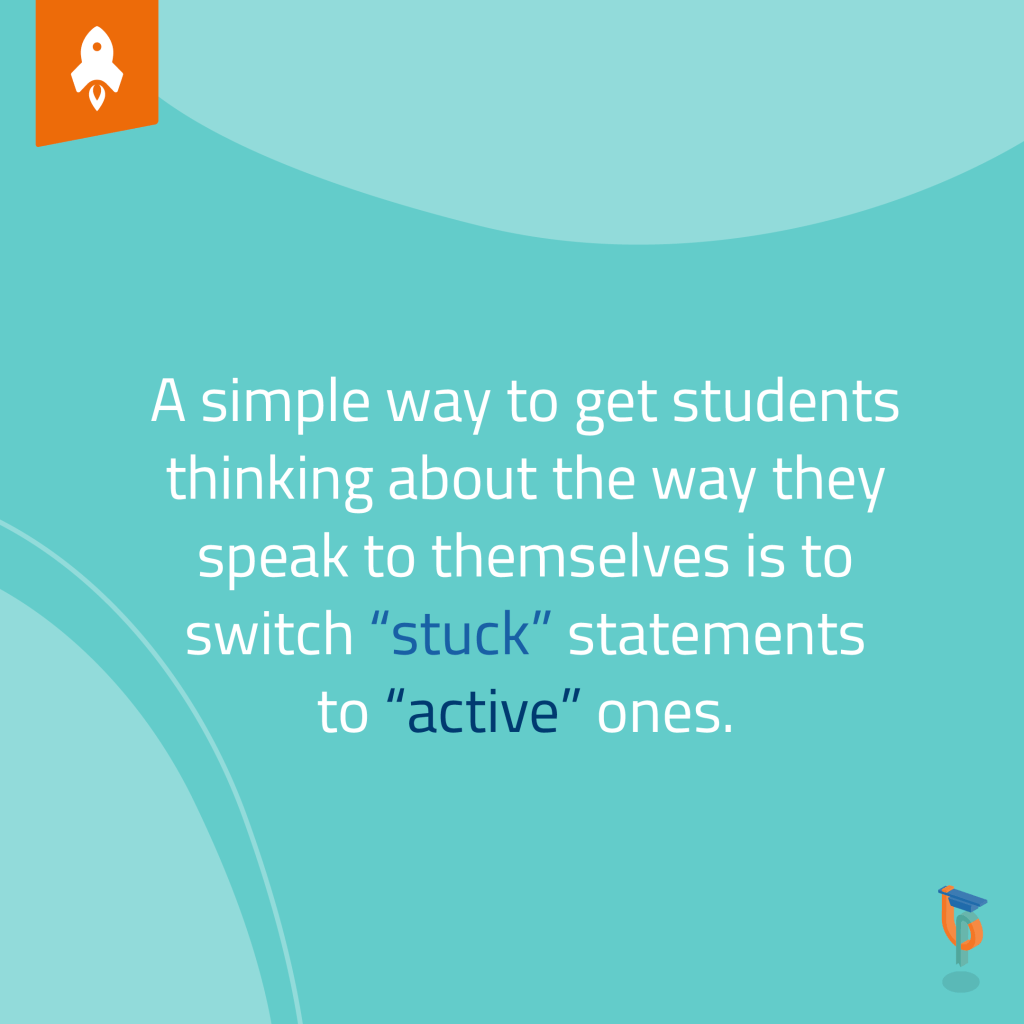
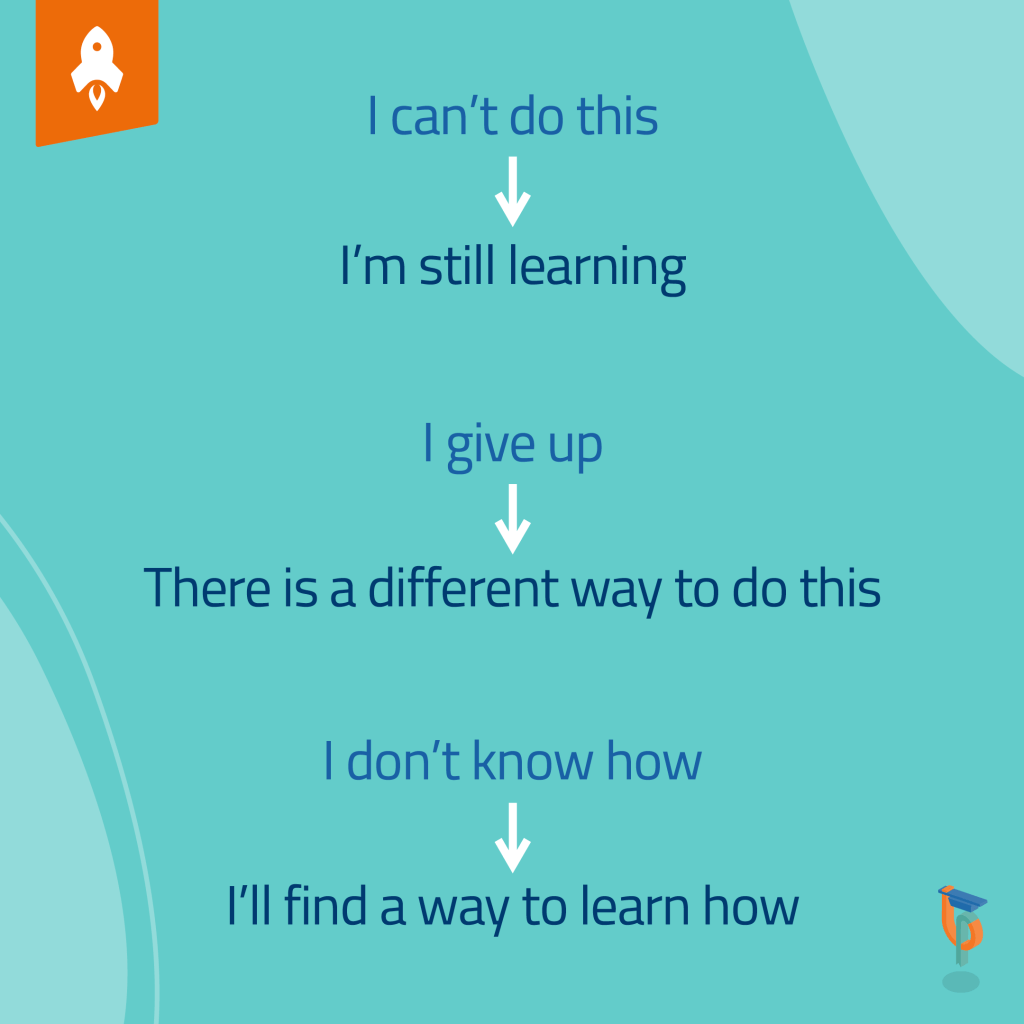
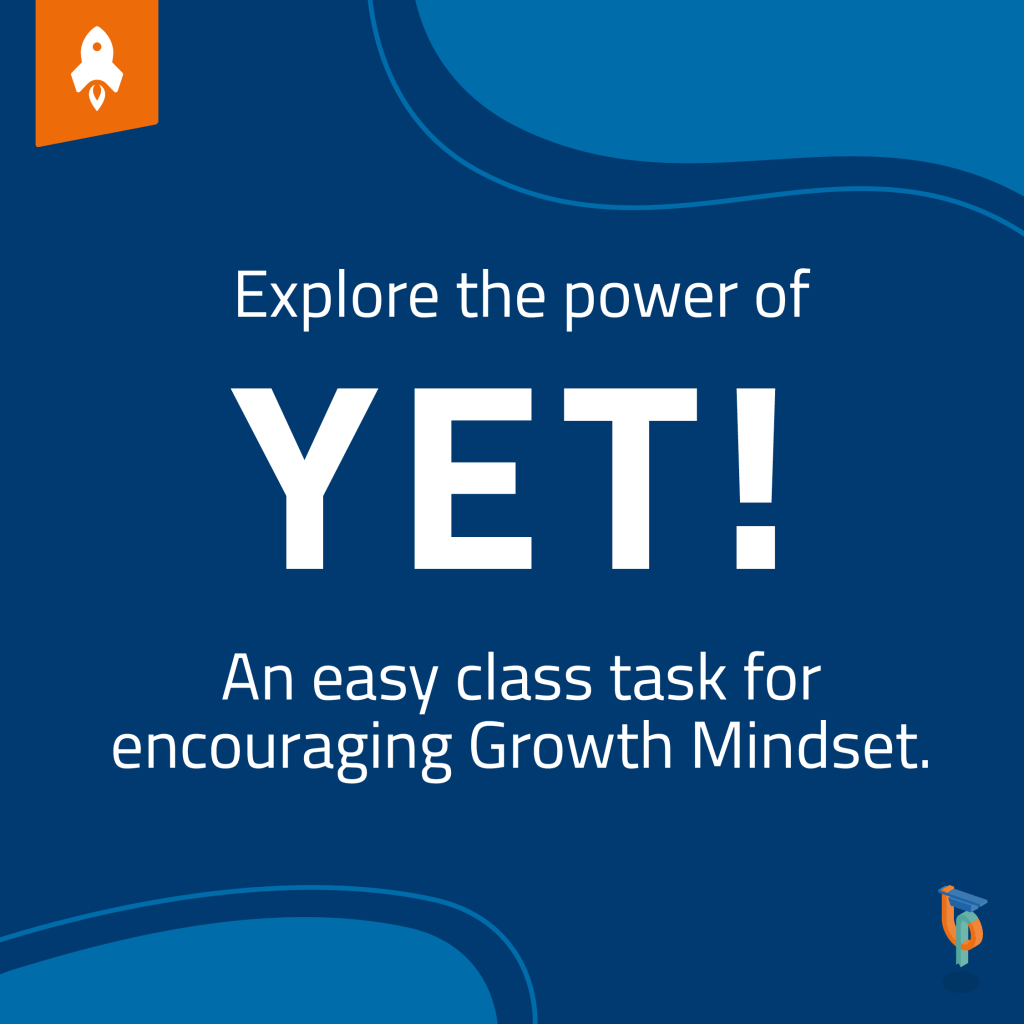
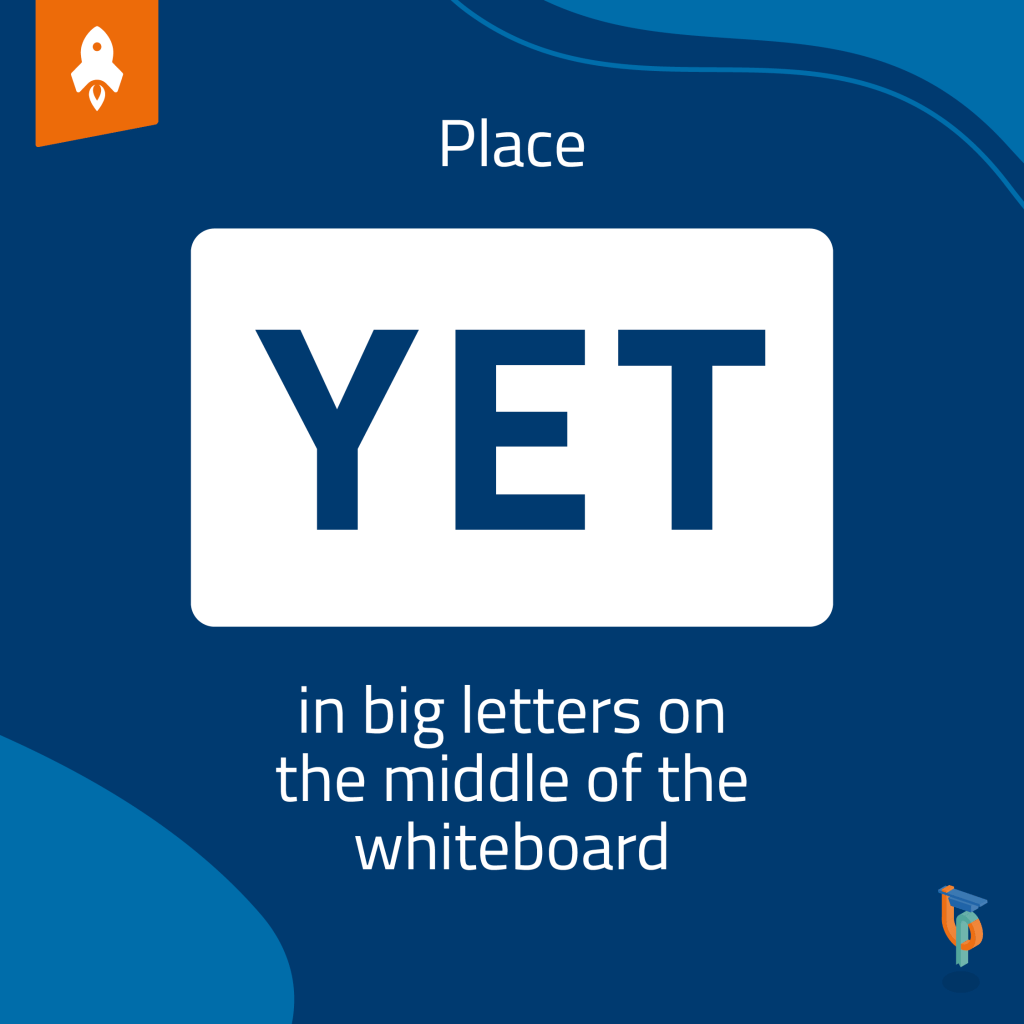
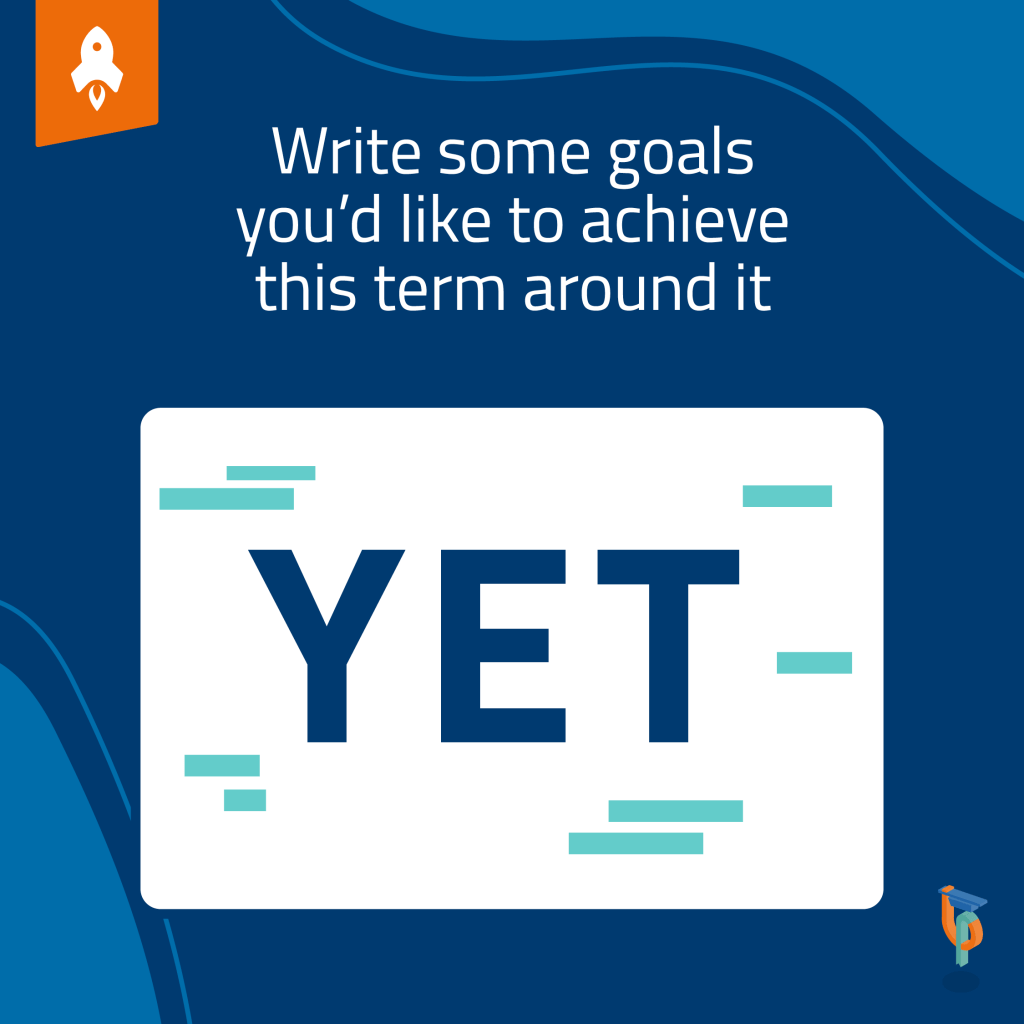
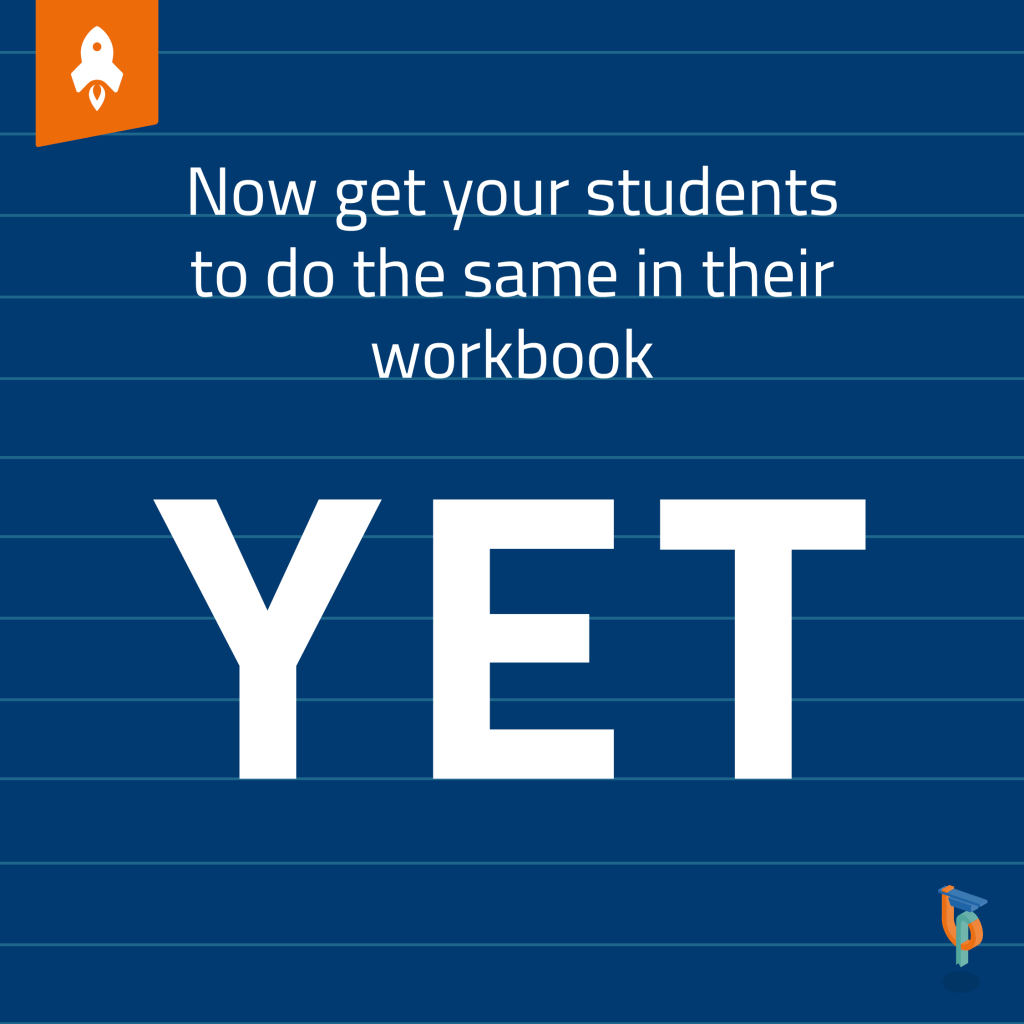
Watch these great mindset workshops with Tom Moore and Eddie Woo
When conducting a class where we stand is important. We want to be able to see everything, which means standing out the front of the room can cut out our vision of students sitting on the edge of tables. Try standing in the corner of the room so your eye line sits across the whole class, your students will be able to tell they’re in your eyeline and this can help with focus.
-Teacher tip
Your bank of projects and activities for the Term 1 curriculum
Classroom Energisers
Energisers are 8-10 minute teacher-led activities that involve the whole class. It’s great to run one or two energisers in a lesson as they help to keep students engaged, provide structure to a lesson and reinforce students’ emotional associations within the classroom: class cohesion, connection with the teacher, and overall feeling of safety/belonging.
They can be used to:
- Kick off a lesson with the whole class engaged in something together, or
- Break up a long lesson so students aren’t having to concentrate on tasks for too long.
There are a number of energisers available on our Media Library but some that are perfect for Term 1 include Calculator, Venn and Four Digits.
Mini-lessons
Mini-lessons are teacher-led activities that take place with a group of 5-6 students. They offer the opportunity to build conceptual knowledge in a really targeted way. Maths Pathway schools implement Mini-lessons into their weekly routines as a way of reinforcing knowledge students attain in their independent learning and checking for understanding.
If you want to learn more about Mini-lessons and the pedagogy behind them, check out this video with Bec, a Maths Pathway School Consultant.
Download free Mini-lessons and Rich Tasks below!
Tom Moore activities
Have you seen Tom Moore’s classroom activity videos before? Or check out his page EngageME Mathematics? It’s full of free resources teachers love.
We love working with Tom Moore and seeing all of the amazing content he produces to support teachers. If you’re always on the hunt for more classroom resources these ones are perfect to keep in your back pocket.
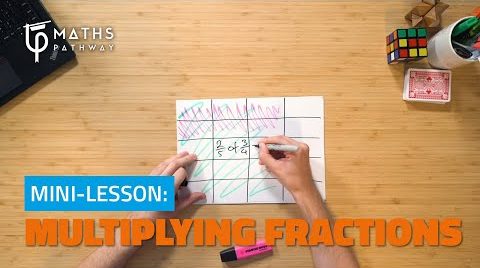

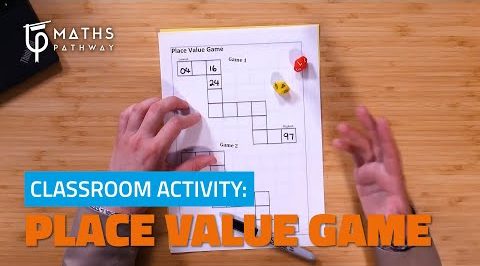
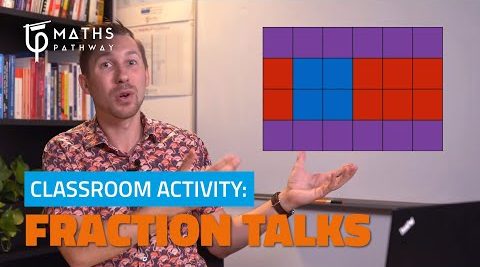
ATSIMA Rich Tasks
Working in partnership with The Aboriginal and Torres Strait Islander Mathematics Alliance (ATSIMA), Maths Pathway has developed two Rich Tasks that combine First Nations culture, maths and everyday living.
These activities are an opportunity for the whole class to come together and take part in meaningful learning whilst adapting culture and history into the classroom.
It may seem simple but how we hand out resources can have an impact on student attention. If we start all the resources with one person it can take awhile for the final student to receive theirs. We also want to avoid having students turning around to pass resources on as they can lose focus on what the teacher is doing. Starting enough resources at the beginning of each row or on each table means students are receiving their resources faster and can keep their focus on what’s important, the teacher.
-Teacher tip
How to uncover the learning needs of your students
Meeting the needs of students is the highest priority for any teacher, but it’s difficult when every student’s needs are different, despite all being assigned to the same class. To have the biggest impact in the classroom the most important thing to pinpoint early on is where each student sits in their learning journey.
So how can we find every student’s understanding of the curriculum in the first few weeks of the school year?
The Maths Pathway Diagnostic Tool gets teachers the access they need to detailed student data and it’s completely free.
The diagnostic test runs for as little as 30 minutes and uncovers individual student gaps. By the end of class, you’ll have a clear picture of the spread of ability in your classroom and be able to use the tool to group students by learning profiles. Making it easy to address learning gaps, apply personalised learning and set students up for a successful year. Try our diagnostic tool in a free trial of Maths Pathway.



